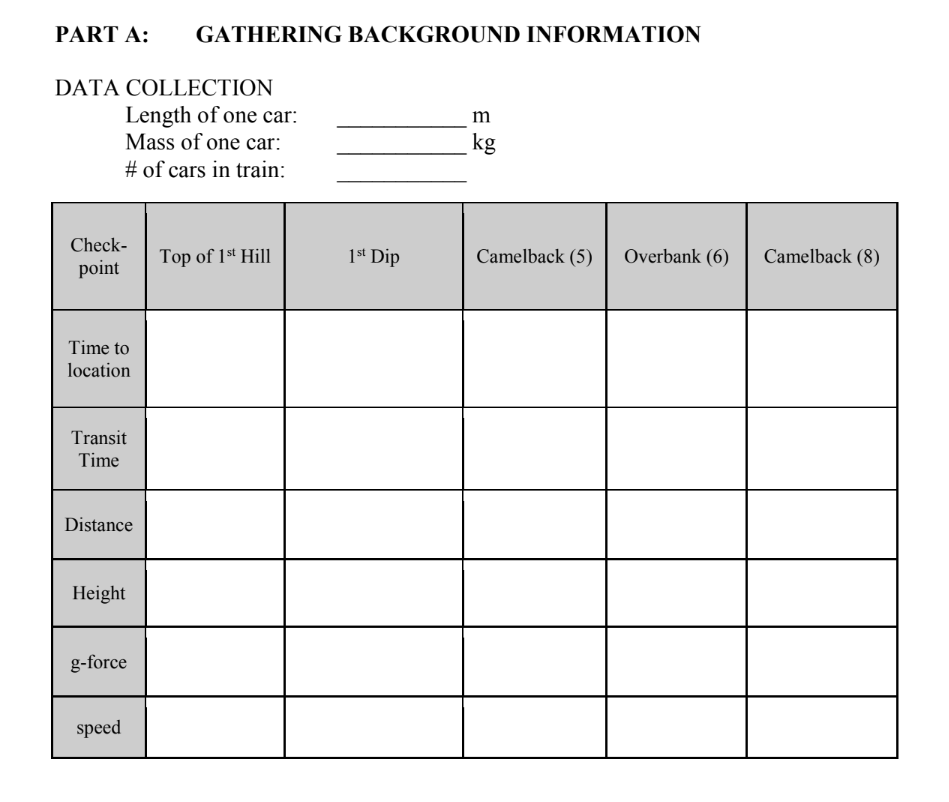Rollercoasters and Mortality
Last updated: June 18, 2023
Recently I attended a class trip to Canada’s Wonderland. It’s funny because I’ve always joked about the mandatory “educational” aspect of field trips, yet here they are taking us to an amusement park. And obviously I’m here solely to learn about physics and its real-world applications…

Don’t get me wrong, the physics involving g-forces and the reason that rollercoaster loops aren’t perfect circles are quite interesting and worth understanding. After all, blind trust in anything isn’t really a good idea, is it?
But the things that I said and heard when waiting in line with my friends was something of a more existential nature, even if they were superficial remarks:
“aint no way that safety device holds you in securely”
“aw hell nah we gonna die”
What does this suggest about human rationality, if I told you not a single person died that day? Or on any ride for the entirety of the park’s existence? In fact, the only deaths at the park in its entire history consist of a shooting, stabbing, and drowning death.
But this irrationality comes from something that is quite logical and ingrained in our survival mechanism.
And that is what it feels like to die.
In the past, there were no rollercoasters, cars, trains, bikes, you name it. And so when your body started accelerating quickly for more than a few seconds that would have meant that you were falling for a lethal distance. And this is exactly what we subject ourselves to on a rollercoaster.
Willingly, too.
In our death-avoidant society it seems almost counter-intuitive. So many people are scared of death yet many are lining up for hours to experience what it feels like.
One interesting question that came up was whether or not people that were more likely to enjoy rollercoasters were more accepting of death in general, or maybe the other way around. At least for me, when I go on a rollercoaster, I accept that whatever happens will happen. I learned to stop holding on so tightly and let my fate rest in the — hopefully robust — engineering of the ride. Because when you submit to fate you are no longer forced to make your own decisions and that is somewhat comforting.
That brings up a robust philosophical reason why people enjoy stuff like this: it offers them an escape from the responsibility that comes with free will.
This is also where the absurdist viewpoint takes over from the existentialist’s — the fact that on a rollercoaster, you are unable to choose what happens to you. It was my choice to get on, but until I’m back on the ground, nothing is in my control.
And this sort of thing manifests in my day-to-day experiences, albeit more subtly. By getting on a bus, I trust the driver to get me to my destination safely. And I sleep well knowing someone probably won’t set my house on fire. And that right turner over there when I bike across the intersection at thirty kilometers an hour? Yeah, I trust them not to accidentally floor the gas pedal and hit me head on.
And 99.99999999% of the time, I’m right. But there’s nothing that says I can’t be wrong.
So yeah, blind trust might not be a good idea, but an understanding of the absurd nature of our existence removes the self-responsibility we assign to our own death, and as I’ve said, that is somewhat comforting.